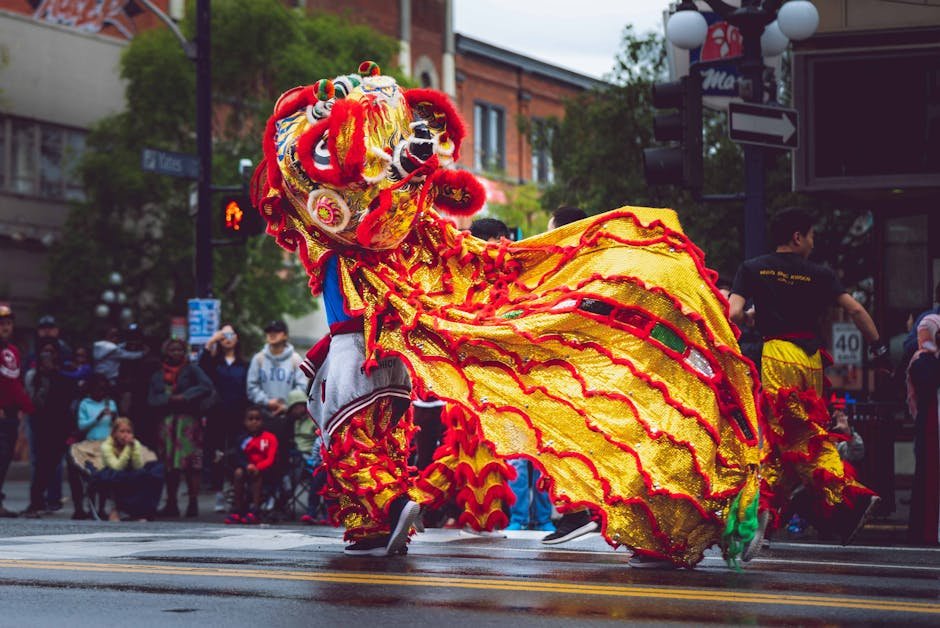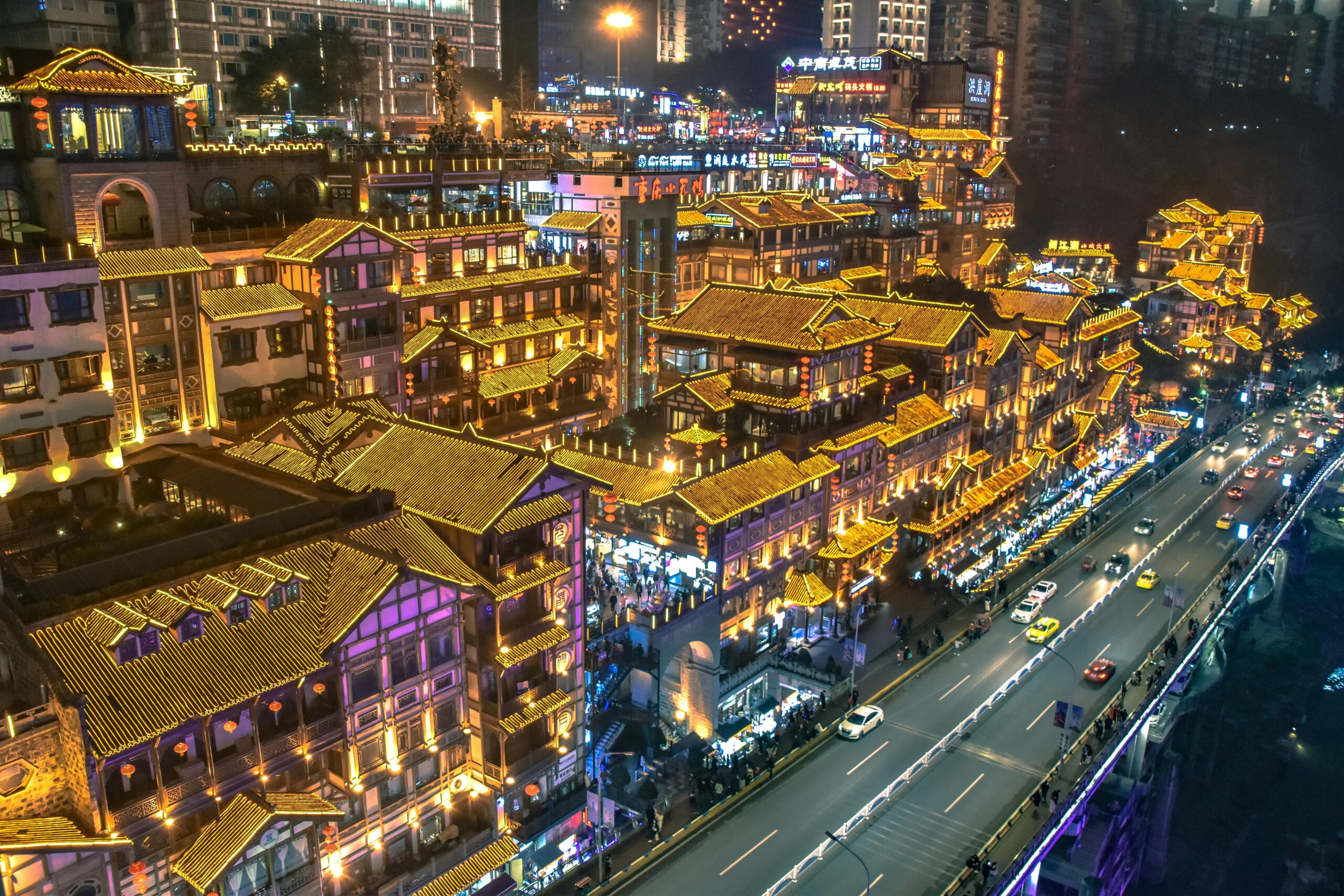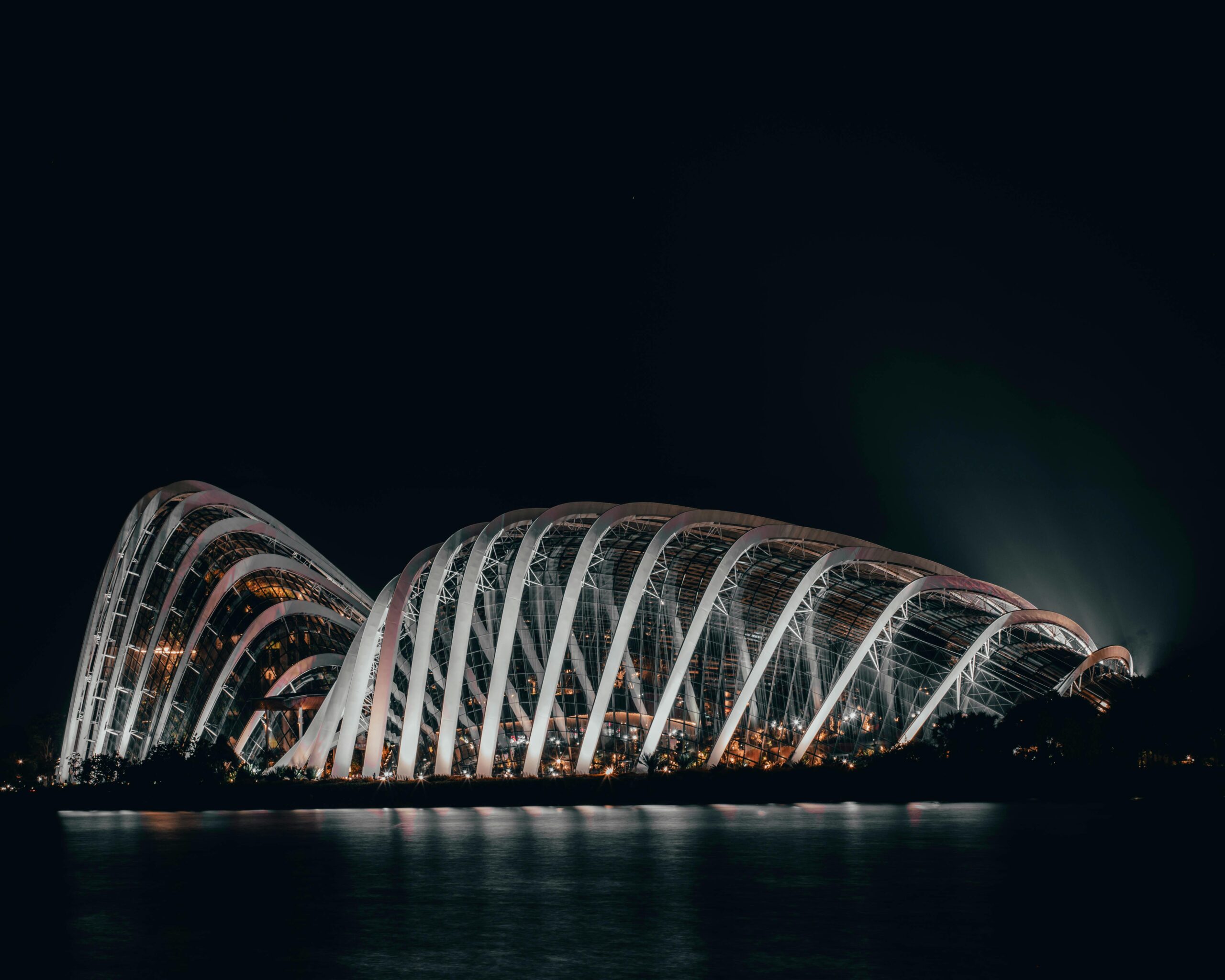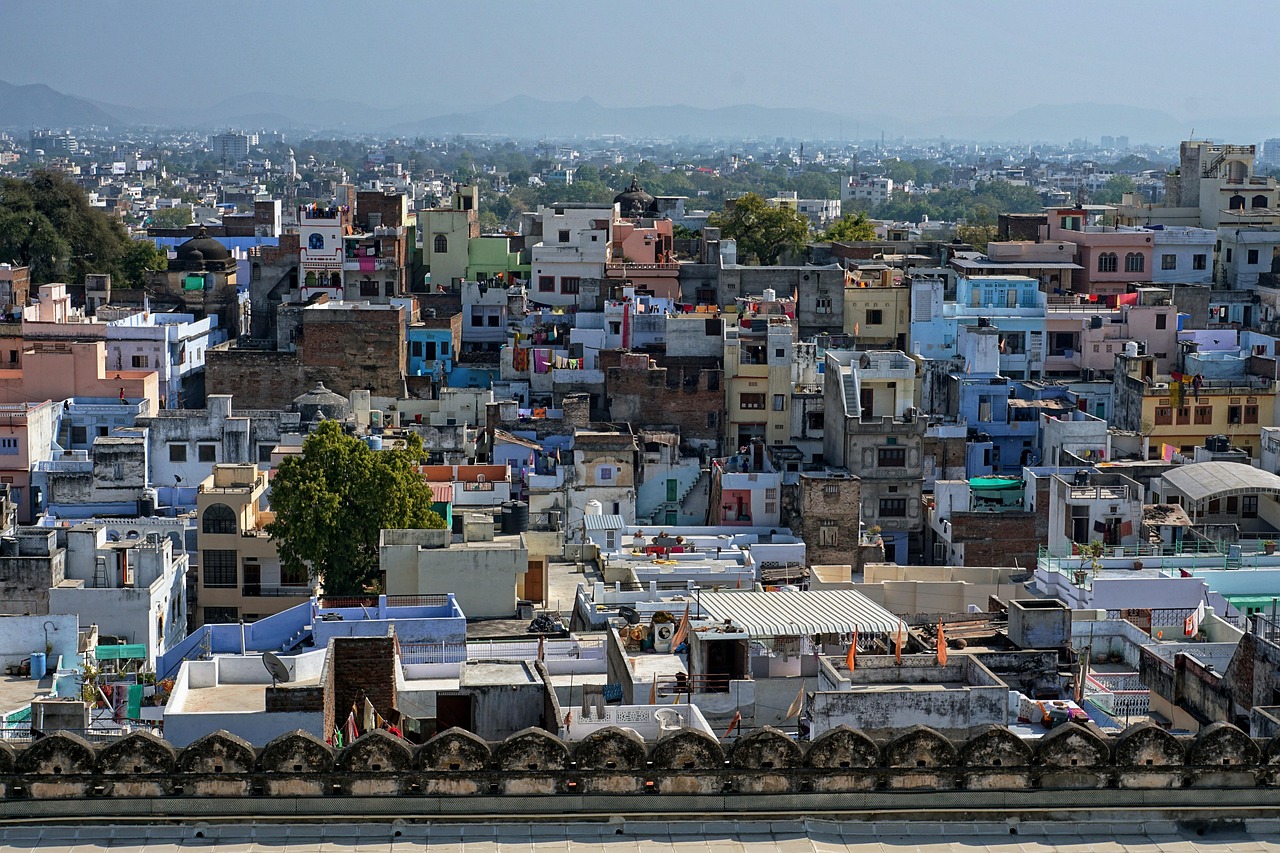- Key Takeaways
- The Core Drivers for Chinese Investors
- China-UAE Strategic Alignment
- Market Dynamics Compared
- Conclusion
- Frequently Asked Questions
Key Takeaways
- Chinese investors are drawn to Dubai real estate for its economic stability, strong post-pandemic recovery, and government measures backing a resilient property market.
- UAE-friendly policies like the Golden Visa, no property taxes, and streamlined regulations make it easy and attractive for Chinese buyers to own property.
- Dubai provides robust capital safety with clear legal procedures, low depreciation risk and persistent property demand supporting asset value in an uncertain world.
- The city’s luxurious lifestyle, multicultural community and world-class amenities further add to its appeal, making it a sought-after destination for high-net-worth individuals looking to invest in international properties.
- China and the UAE’s geopolitical alignment, such as both participating in the Belt and Road Initiative and BRICS partnerships, are actively facilitating and growing opportunities for their bilateral real estate investments.
- Relative to other markets in the world, Dubai offers stronger growth, higher asset liquidity and a more investor-friendly regulatory environment, providing Chinese investors a leg-up when it comes to acquiring and managing real estate.
Chinese investments in Dubai real estate constitute a robust segment of the city’s property market.
Chinese buyers select Dubai due to its secure regulations, significant rental yields and straightforward purchasing procedures. Some like off-plan homes, while others select ready flats or villas.
Dubai has laws that allow foreigners to buy property in designated areas. To highlight the primary trends, the following section dissects essential data and actionable steps for purchasers.
The Core Drivers for Chinese Investors

Dubai’s real estate market is increasingly attracting Chinese investment, particularly from buyers seeking luxury homes. This trend is driven by the emirate’s robust economy, investor-friendly policies, and a secure asset environment, making it a premier global investment destination for international buyers.
1. Economic Stability
Dubai’s economy is robust and continues to expand. Post-pandemic, the UAE bounced back quickly, which restored investor confidence. The property sector has remained stable, with prices increasing in the majority of districts.
It has government programs, such as the Dubai Real Estate Strategy 2033 to maintain growth and increase ownership. These realities make Chinese investors more comfortable with long-term returns.
2. Favourable Policies
Dubai’s Golden Visa lets investors stay long-term, making real estate more attractive. No property tax equals less expenses for buyers, and the straightforward regulations for overseas ownership make transactions quicker and less clunky.
Chinese buyers love that property transactions are transparent and fast, bypassing red tape. With new residence permits and consistent expat demand, little stands in the way for fresh investors.
3. Capital Safety
Dubai is a secure investment, even when the other markets seem shaky. Real estate law is transparent, and buyers have an idea of what to expect. They don’t devalue quickly like in other cities.
There’s robust demand from an expanding urban population, so Chinese investors perceive steady prices and reduced risk. This in part explains why they comprised 8% of the market in 2024, compared to 2023.
4. Lifestyle Appeal
Luxury homes, premier shopping and cultural diversity distinguish Dubai. Chinese buyers love the secure, vibrant urban lifestyle. Even high-end malls and great food signify more than a good home–they signify a better life.
Dubai’s position as a global tourism hub adds to its lustre.
5. Currency Advantage
RMB to UAE Dirham. Which translates into Chinese buyers getting more bang for their yuan. Good rates reduce expenses.
As the Yuan remains stable, longer term investments appear more secure.
China-UAE Strategic Alignment
A Deep, Multi-Layered Partnership Shapes Trade, Investment, and Tech. Bilateral ties span economic, political, and cultural sectors, with both sides looking to expand cooperation. This alignment has unlocked opportunities for Chinese investment in Dubai’s real estate market, offering a resilient and strategic landscape.
Geopolitical Synergy
China, UAE Strategic Alignment Drives Chinese Capital into Dubai Property. With the UAE serving as a trade hub, it becomes a gateway for Chinese companies to extend their penetration into global markets. Their diplomatic ties pave way for easier visas, property rights and cross border transactions, lowering thresholds for investors.
Illustrious joint ventures include industrial parks and free trade zones, like Jebel Ali, which house Chinese export-oriented firms and high-tech manufacturing. Both countries engage in joint energy projects, particularly nuclear energy, emphasizing the strength of their alliance.
The BRI Effect
Dubai is a crucial stop for Chinese investment in the thriving Dubai real estate market via the BRI. With infrastructure funded by its banks and contractors, China is building new ports and logistics hubs in the UAE, enhancing both physical and digital connectivity. Smart city projects are designed to attract more Chinese property buyers and business owners, further integrating them into the vibrant property market boom.
BRI projects imply technology and resource sharing, with the UAE acting as a bridge for Chinese companies to extend to Africa and Europe. In the long term, these endeavors provide each nation with more resilient economies and stable investment flows.
BRICS Partnership
The BRICS partnership has tangible effects on economic relations. As founding members, China and the UAE collaborate to establish fresh trade flows and investment structures. This partnership facilitates Chinese investors’ access to Dubai’s real estate, with aligned policies and collaborative initiatives.
Common BRICS ambitions–such as more seamless cross-border transactions and extended market access–manifest as joint real estate ventures, like co-funded projects and shared facilities. The partnership fosters technology transfer, assisting them to upgrade property sectors.
Market Dynamics Compared

Let’s compare the Dubai real estate market with other global cities based on rental yields, foreign ownership, tax, and liquidity in the below table.
Feature | Dubai | China | London | New York |
|---|---|---|---|---|
Rental Yield | 6-9% | 2-4% | 3-5% | 2-4% |
Foreign Ownership | 100% allowed | Restricted | 100% allowed | 100% allowed |
Tax on Property | Zero | Yes (up to 20%) | Yes | Yes |
Market Liquidity | High | Medium | High | High |
Regulatory Transparency | High | Moderate | High | High |
Regulatory Landscape
Dubai’s real estate sector operates with straightforward regulations assisting foreign purchasers. The Dubai Land Department (DLD) operates an efficient property transaction pipeline, utilizing electronic platforms to minimize bureaucracy and accelerate sign-offs.
Foreigners can own in many freehold zones with no ownership restrictions. This is unlike China, where overseas purchasers encounter rigid controls, require larger down payments and satisfy complicated legal measures.
Dubai’s zero-prop tax policy and consistent regulations simplify it for international investors. The government continuously amends the regulations to inspire greater confidence among purchasers and attract additional overseas investment.
Growth Potential
Dubai’s property market will expand in part due to an increasing populace, a resilient travel sector, and government backing of new projects.
New roads, metros and airports add to the city’s appeal to investors as well as residents.
Projects such as Expo City and new waterfronts create opportunities for appreciation over time.
Dubai’s open business environment and pro-growth policies ensure buyers can experience both immediate profits and sustained appreciation.
Asset Liquidity
Homes in Dubai transact quicker than most other places. So buyers and sellers can come and go easily in this market.
A strong share of international purchasers – around 8% from China in 2024 – keeps the market buoyant. This robust demand, coupled with transparent regulations, makes Dubai’s property market less volatile and more liquid than in markets where sales are sluggish.
Conclusion
Chinese continue to choose Dubai real estate for obvious reasons. Even so, the strong ties between China and the UAE help build trust. Dubai provides simple regulations for purchasing houses and property. Prices remain reasonable. Buyers experience returns and secure growth. Dubai’s market moves fast and provides tons of options, from apartments in heart-of-the-city skyscrapers to beachfront mansions. A youthful tech scene and lubricated visa steps simplify the process further. A lot of investors appreciate how Dubai differentiates itself from other metropolitan areas in the region. For more information on how Dubai’s real estate compares to global trends or to plan your next move, explore new guides or consult experts. Smart moves begin with the right facts and clear goals.
Frequently Asked Questions
Why are Chinese investors interested in Dubai real estate?
Chinese investors see the Dubai real estate market as a secure and expanding investment destination, offering compelling returns and no property tax, making it ideal for international buyers.
How do China-UAE relations affect real estate investment?
Robust China-UAE ties spur investment opportunities as trade deals, visas, and direct flights facilitate Chinese investment in the Dubai real estate market.
What are the main benefits for Chinese investors in Dubai?
Prime advantages encompass elevated rental returns, a tax-favorable ecosystem, and varied property options in the thriving Dubai real estate market. Dubai provides an interesting twist with residency available for property buyers as well.
How does Dubai compare to other global real estate markets?
Dubai presents competitive prices and state-of-the-art infrastructure, making it a premier global investment destination for property investors compared to markets in Europe, North America, and Asia.
Are there restrictions for Chinese nationals buying property in Dubai?
There are no citizenship limitations, allowing Chinese investment in the Dubai real estate market, where they can purchase freehold properties with complete ownership.
What types of properties do Chinese investors prefer in Dubai?
Most Chinese investment in the Dubai real estate market focuses on luxury residences and apartments in prime areas, especially near business districts and schools.
Is the investment process in Dubai transparent for foreign buyers?
Yes, the Dubai real estate market is governed by government regulators. Clear rules and digital processes assist in making transparency and security for foreign investors easier in this premier global investment destination.



